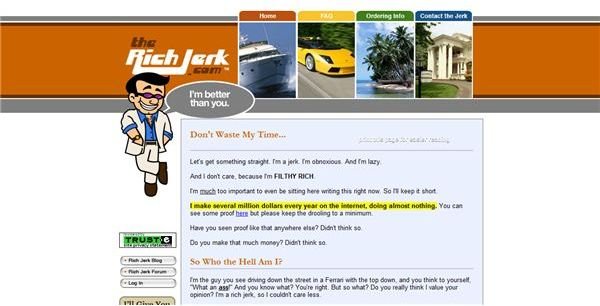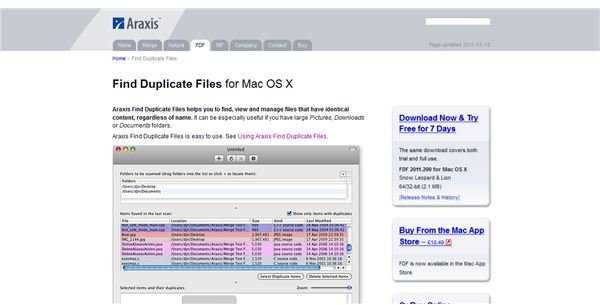Pros and Cons of Using a One-Page Website to Market Your Product
If you’re planning on selling a product online, you might be considering which type of website to use. There are generally two approaches, each with its own advantages.
For instance, if you have one or more products to sell, you might opt for a multi-page website, possibly comprising of a page dedicated to the product and then several other satellite pages offering additional information, perhaps testimonials or images relating to the item.
Alternatively, one common approach is to take advantage of a one page marketing website strategy. This might feature plenty of additional material but its particular strength is that all visitors are sent to a single page where the focus can be purely on selling your wares.
However, while this approach is gaining traction, it is unpopular in some areas, with the end results often reading like spam emails. So which is the best option?
Why Use a Marketing Website?
For many years, marketing websites have been a key tool in the arsenal of promotional options for online entrepreneurs looking for a way to attract sales for their latest products.
Often, these sites will have a URL that features the name of the product or alludes to the task that it will help you achieve, although in the case of particularly successful entrepreneurs, their reputation alone might result in the URL reflecting their name or personality.
A marketing website will also feature a lot of text concerning the product or products for sale. These will be written to impress and persuade, and as such will feature statistics, bold type, testimonials from satisfied customers and a few graphics. Often an offer will be included, such as combining products for a discount, but most important is the magic button that allows the reader to sign up and purchase the product.
On a one page marketing site, such a button will appear several times as you scroll through the page; in contrast, a multi-page website might feature the button once per page.
Should I Choose a Single Page or a Multi-Page Website?
The choice of a single page and multi-page sales and marketing website really depends on what you are selling, the price and how you intend to market yourself. Much of this is down to personal preference and deciding upon what you are comfortable with; some people aren’t keen to be seen as shonky “BUY MY PRODUCT!” salesmen, instead preferring that the product’s summary and any relevant screenshots speak for themselves.
For instance, you might be selling a piece of software that turns text documents into a mosaic of pictures. Such a product would benefit from a description, perhaps a trial download, plenty of screenshots (including a user guide or tutorial) as well as an FAQ and an email link for support assistance. A single page site would be quite unsuitable.
Conversely, if you were marketing a new ebook that explains how to promote useful new applications and generate income via affiliate links, then you might opt for a single page site where testimonials, statistics and figures and other persuasive information can be found.
What you should have noticed from this is that each type of site is aimed at a different type of user: one that has a need to achieve a particular function, and one that is interested in financial benefits of the tool.
Can you tell which is which?
Advantages of a Single Page Marketing Site
There are, of course, various advantages to a single page marketing site if you are prepared to be unashamedly brazen with your sales technique.

For a start, it is only one HTML file to design, develop and publish. Whether you handle these things yourself or you contract someone to create your marketing page, a single HTML file with embedded CSS and a small folder of images is much easier to manage than a site with several pages. There is also a small advantage for sites expecting to use a lot of bandwidth.
Additionally, a single page makes changes easier to apply; if you are increasing or lowering the price of your product, for instance, you will only need to update this in one page. Better still, if the page uses a script (perhaps PHP or JavaScript) that is called to display the price and button, you will only need to change the price once.
Most importantly, however, a single page marketing site lets you speak directly to the potential buyer. Whereas multi-page marketing websites might be suited more to technical specifications, screenshots and perhaps even a small support forum, single page marketing puts you and your product front and center, affording the opportunity to catch the reader’s attention.
With the reader hooked, you can then explain the benefits of the product and offer multiple chances to buy.
So Which Strategy Should You Choose?
Ultimately, the choice is yours. There are two routes that you can go down, each as useful as the other. Note, however, that each depends upon the type of product you are selling, as well as your comfort with employing either method or the type of audience you are trying to attract.
References
Author’s own experience.
Screenshots provided by author.
